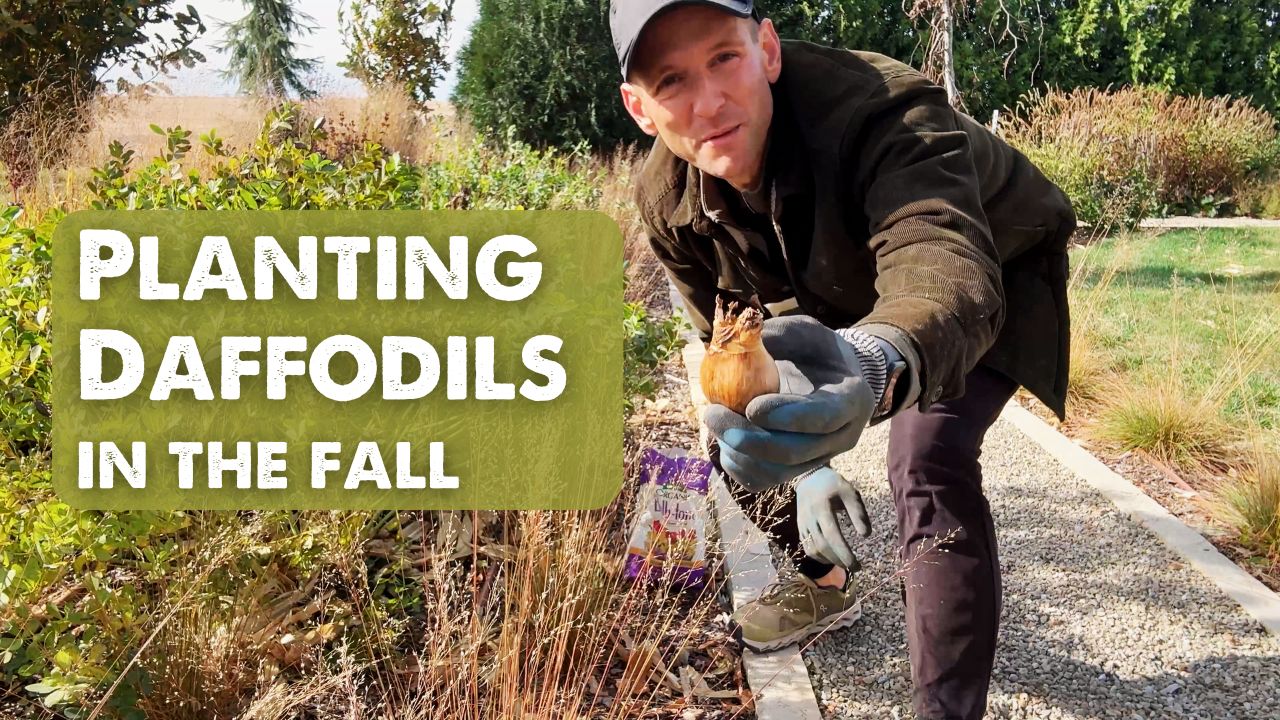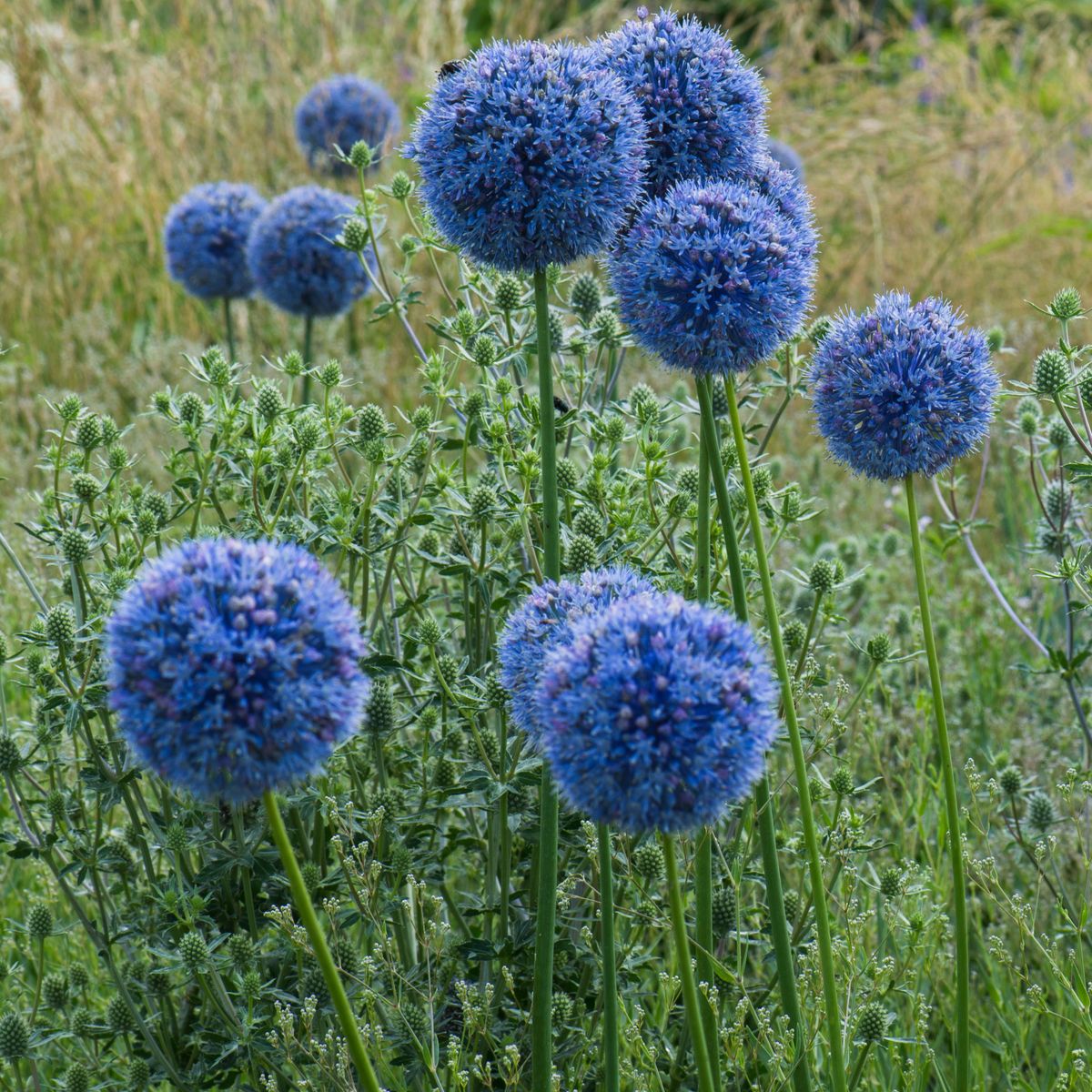WHAT IF…
If the garden magazines, web pages and other information sources are to be believed, the world is full of gardeners who worry a lot about cause and effect. Most of them are busy—too busy sometimes to do the things that they think they ought to do in the garden. This is a frequent source of guilt, and since guilt has no place in the garden, it needs to be dealt with. The following is a series of “What if” questions often asked by anxious gardeners, with appropriate answers.
What if I don’t do fall yard clean up?
Your little quarter acre will not look as tidy as your neighbor’s yard, especially if he has paid a landscaper to take care of his problem. Raking debris out of your beds helps prevent the obnoxious microorganisms that lurk among the garden detritus and threaten the health of your plants. Cutting down dead stalks of spent perennials and pulling out the dead annuals saves you work in the spring, and caps the growing season rather neatly. On the other hand, some of those stalks, such as those of Russian Blue Sage (Perovskia atriplicifolia) add to winter interest in the garden. The choice is up to you. If you are short of time, take fifteen minutes and lop off everything that you think is ugly.
What if I don’t rake my leaves?
This one is easy. If the layers of decomposing leaves are lying on top of lawn grass for too long, the grass will die. This is fine if you are trying to kill the grass in order to create a new garden bed. However, if you value your lawn, get the leaves off it. They will decompose wherever you put them, and they are much better off decomposing on a compost pile, than on your expensive Zoysia grass.
What if I don’t divide my perennials?
Dividing perennials before the first hard frost is a wonderful idea, and gives you a head start on next spring. On the other hand, spring is an equally good time to divide, and it is somewhat easier to do when the relatively small perennial plants are emerging after their winter slumbers. If you don’t divide in spring or fall, eventually you will probably have a problem. Many perennials start to die back in the center if they are not divided regularly. This die-back effects both the looks and the health of the plant. Even if an undivided plant does not seem to be suffering from a terminal case of the uglies, eventually it will probably get too large for the allotted space. I saw an enormous old hosta once that had probably never been divided. The plant had just about engulfed an entire city sidewalk slab.
What if I don’t prune my shrubs at the right time?
Many people never prune their shrubs at all because they are afraid that lightening will strike them if they do it at the wrong time. This is a vile rumor started by manufacturers of pruning equipment. In truth, the best time to prune your shrubs is whenever you have the time to do it, but definitely, sometime before they grow big enough to completely obscure your house. If you prune a spring-flowering shrub thoroughly in late winter, chances are you won’t have much in the way of spring blossoms, regardless of whether the shrub flowers on new or old wood. If you follow that practice every year, eventually you will find yourself writing to a “Gardener’s Q&A” to ask why your flowering shrub never seems to produce blooms. As a general rule, you should prune flowering shrubs right after they flower. If you don’t know whether the shrub in question flowers on new or old wood, focus your pruning efforts on the branches that have just produced blossoms.
What if I don’t get around to planting all my spring bulbs?
You can plant spring bulbs right through December, as long as the ground has not frozen hard. Keep the bulbs in a cool place such as a garage or cellar until you can get to the chore. If January rolls around, and you are still harboring unplanted tulips, daffodils and crocuses, the best thing to do is plant them in large pots and put the pots outside. They will not bloom as early as if you had planted them in the ground in a timely fashion, but most of them will flower eventually. After the ground warms up in the spring, place those pots full of emerging shoots in the empty spots in your garden, or unpot them and plant the masses of soil and bulbs in the ground. They will return in subsequent years as if you had never neglected them.
What if I never pay any attention to gardening advice?
You will have something in common with about 98% of the population. Not listening to gardening advice means that when you go out in the garden, you will have to fall back on common sense. This is something you should do anyway. After all, common sense is just like a really good perennial plant; if you cultivate it and share it, it increases by leaps and bounds.
Yellow Rose
SWORD LILIES
CHANGE IN THE GARDEN
UNFORGETTABLE
FRESH VEGGIES











